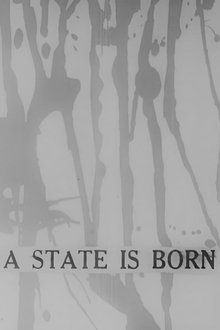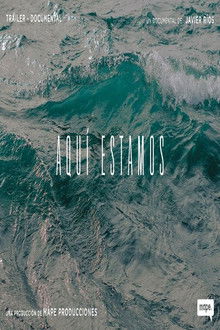A documentary film about to resist the brutal action taken by Pakistan occupy army against general people of Bangladesh (previously East Pakistan) in between 26 March, 1971 and 16 Dec, 1971.
Related Movies
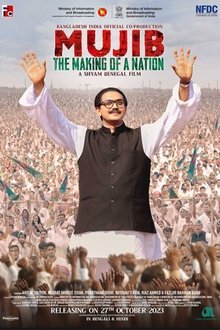
Mujib: The Making of a Nation (2023)
Biopic on the father of the nation of Bangladesh, Sheikh Mujibur Rahman. The film will showcase his growing up as a child to his standing up against all injustice in his youth to fighting for the independence of his country. How he led a country to it's independence with his inspirational presence and fight for the justice.
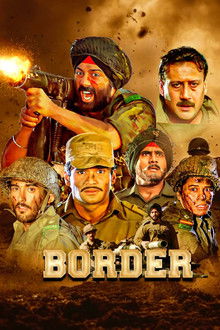
Border (1997)
Amidst the 1971 Indo-Pak war, a company of 120 Indian soldiers stationed at the border region of Longewala in Rajasthan must defend their post through the night against two thousand Pakistani troops armed with tanks. Based on the true events of the Battle of Longewala.
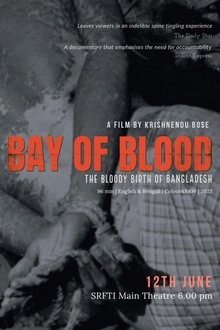
Bay of Blood (2023)
March 25th 1971, a horrific 'Genocide' was unleashed on the unarmed civilians of East Pakistan. This was done by their own Pakistani Army. An estimated 3 million people were killed, 10 million people were displaced to India as refugees and 400,000 women and girls were raped by the Pakistani soldiers. But Pakistan was not alone in perpetrating this violence. The then-American president and the National Security Advisor were supporting the Pakistani dictator. The cold war triggered this geopolitical escalation. Finally, India pressurized by the 10 million refugees within its borders, went to war with Pakistan. and joining forces with the local rebels, the Mukti Bahini, helped liberate Bangladesh. Cradled in the blood of innocents, a new nation was born in the closing days of 1971. "Bay of Blood", brings this 50-odd-year-old story to life.
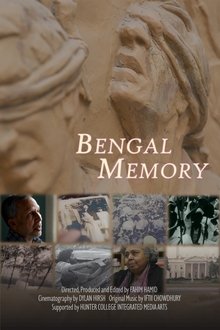
Bengal Memory (NaN)
A Bangladeshi American undertakes a journey to learn about the liberation war in his native country, traveling there for the first time in nearly two decades, and uncovering the controversial role the U.S. played in a forgotten genocide that occurred there over 50 years ago. From 1971 to the present day, this is a story of Bangladesh’s independence, a family’s journey immigrating to America, and the cognitive dissonance of a person belonging to both homelands. Driven by interviews with his father and other family members, along with experts and witnesses, archival videos, declassified recordings, and animations, BENGAL MEMORY is a unique and untold oral history through a personal lens.

Women and War: Trauma and Triumph of Women in '71 (1999)
Narir Kotha is an exploration of the experience of women in the Bangladesh Liberation War of 1971. During the war, thousands of women were systematically raped and tortured by the Pakistan Army and their collaborators. But they were not only victims of sexual violence, they were also in the front lines of the popular resistance against the occupying Army, as fighters and martyrs. Narir Kotha is an attempt to explore some of these stories, through the words of the women themselves.
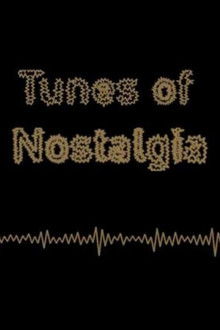
Tunes of Nostalgia (2020)
A paralyzed man and a deaf son both seriously affected by the war, lives a life dependent of each other while they both reminisce of their past .
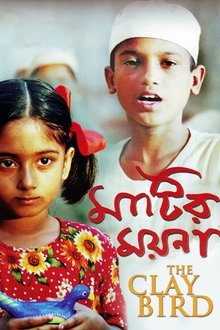
The Clay Bird (2002)
A family must come to grips with its culture, its faith, and the brutal political changes entering its small-town world.
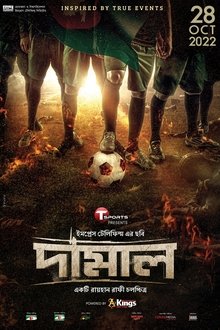
Damal (2022)
The film tells the story of the legendary 'Shadhin Bangla Football Team' founded during the 1971 Liberation War of Bangladesh. They played friendly matches across India to raise funds which would be used in the war. The film also portrays the personal lives of few players of the team and their struggle and losses during the war. Though the film is inspired by true events, it takes cinematic liberty and mixes fiction with reality as well.

Spartacus '71 (2005)
A story of a family during the 1971 Liberation War in Bangladesh and their family getting punished by the ruthless Pakistani soldiers. Mahbub, a Bengali himself, is supporting Pakistan in order to save himself.
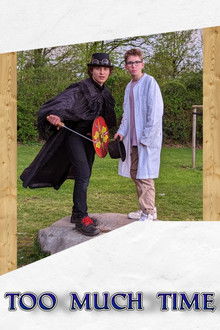
Too Much Time (2023)
After Professor Jay, a quantum physicist teaching at a university, accidentally meets the scientist Doctor Zweistein, they decide to build a time machine. This quickly leads them to the ancient Rome, where they must face the terrible Caesar and find their way back to their time machine.
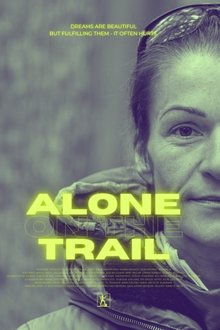
Alone On The Trail (2022)
An intimate portrait of a unique sportswoman in extreme life roles. Mother of three adopted children, world and European champion in fitness and record holder on long distances throughout Slovakia. Soňa Kopčoková is a former professional fitness athlete with the titles of World and European Champion. After the end of her elite sporting career, she devoted herself fully to her family until she discovered that she loves long-distance running in the mountains. And so today she fulfils her dreams in the hills, running often only by herself... On June 16, 2021, she reached Devín after 11 days, 15 hours and 30 minutes in a new Slovak women's record on the SNP Heroes' Route route. From Dukla to Bratislava, she ran alone, without support and with only a single backpack where she carried everything, she needed to survive...

Scrapped (2025)
A documentary exploring two student artists and their unfinished projects, discussing why certain projects are abandoned and the personal connections that the creator may have to them.

Damp Moss (2023)
Glittering illusions of vectorized providence struggle to guide the viewer toward a path of re-enchantment.

The Answer to Weight Cutting (NaN)
MMA on Point takes a deep dive into the weight cutting issue that plagues athletes. Through this investigation, multiple discoveries are made that may shock the mixed martial arts world.
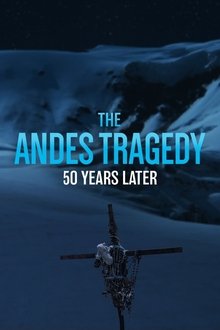
The Andes Tragedy: 50 Years Later (2022)
In 1972, a plane carrying an Uruguayan rugby team disappeared into the Argentinean Andes. Now, 50 years after one of the greatest ordeals of survival in recorded human history, the full story is finally comprehensively told through the words of each of those who lived it.
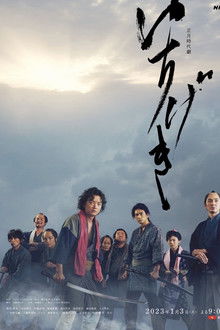
Ichigeki (2023)
The drama depicts the exploits of the “Ichigeki Hishikkitai”, a special combat unit formed by farmers to deal with the "Imperial Robbers" and the "Imperial Thieves" of the Satsuma Clan who were causing a stir in Edo at the end of the Edo period.
